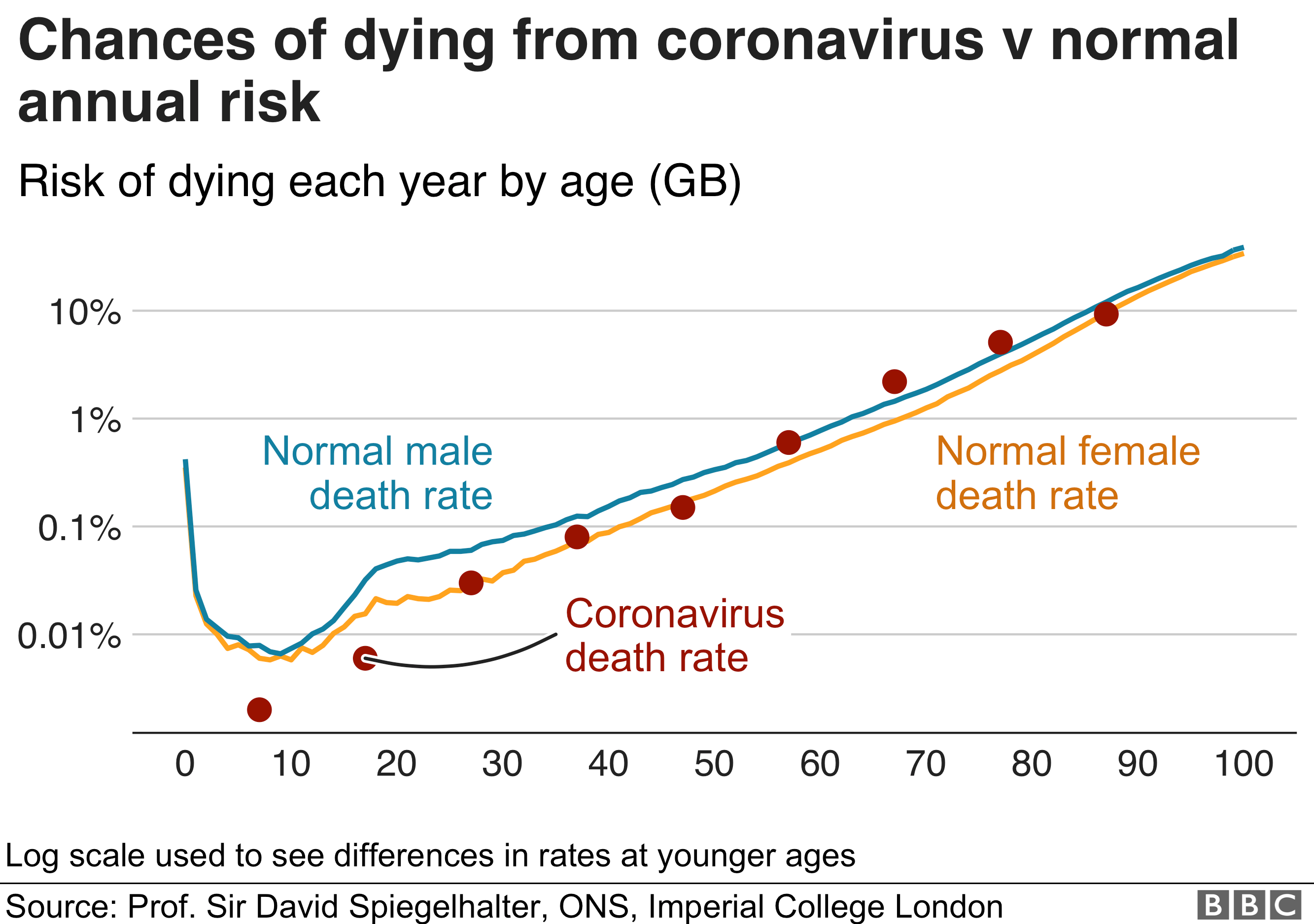The following letter was sent to Dominic Cummings and copied to the Labour MP for the City of Durham (my home constituency) and the Tory MPs for Bishop Auckland, Northwest Durham and Sedgefield (all of whom seem reluctant to demonstrate their populist credentials in this matter).
28/5/20
Dear Mr. Cummings,
I can well appreciate how, faced with an unknown illness,
even the most balanced of people might be tempted to act as you did, but reading
the accounts of your press conference (and the prime minister’s statement yesterday)
I am struck by how little empathy was expressed for ordinary people in similar
situations who adhered to the letter of the rules. Either you contravened the
spirit of the rules or – assuming your interpretation was correct – others were
unfairly obliged to submit to an unduly harsh discipline. If the latter was the
case, why, at least since you returned to work, have you failed to urge the
government in which you play such a prominent role to clarify that other parents
should have been allowed the same freedom to act as you did at the height of
the crisis?
At the time of the Lockdown, a neighbour of mine in Durham
City and I took steps to organise our neighbourhood. We have thankfully had no
situation of the sort that you and your wife faced, but I feel sure we would
have found a way to help a household where both parents were incapacitated and
young children needed care. If no such network existed in Islington, I still find
it incredible that in your circle of friends and neighbours there was no one to
whom you could turn, and even if that had been the case, the government advice
at the time was for parents in such a situation to approach their local
authority hub. Moreover, assuming that your trip to Durham was essential, is your job so important that it necessitated a return
to London upon recovery when one would have assumed that you could continue to provide
advice to the prime minister remotely?
The overriding impression is of an individual who believed
himself so vital to the governing process that he must be allowed to interpret
the rules himself and it does not seem to have occurred to you to ask anyone
other than the prime minister (one of the medical officers, for example) for a
ruling. I find myself recalling Stanley Baldwin’s quip about the exercise of “power
without responsibility.” Of course a parent may decide that his family must
take priority but when he or she holds a position of responsibility should
there not be a penalty for so acting, particularly when so many have lost
spouses and parents in tragic circumstances and even been denied the
opportunity to be present at their deathbeds? Are not officials who give advice honour bound to follow it or is collective
responsibility dead? I note that your mother has recently attributed your visit
in part to the death of a beloved uncle, but, again, many have been denied the
opportunity to mourn as families.
At your press conference, you seemed inclined to treat all
criticism of your actions as propounded by those who resented your stance on
Brexit (or your opinions in general). I suspect that there are many who voted
Leave (myself included) who also find your arrogance in this matter infuriating.
I can’t help but wonder what the ex-Labour voters who swung Bishop Auckland,
Northwest Durham and Sedgefield to the Tories for the first time in more than
eighty years feel about this situation. So much for the populist rhetoric of
recent years! It would truly seem to be the case that, in the words of George
Orwell, “all animals are equal, but some are more equal than others.”
Almost thirty years ago I first became acquainted with the career
of Jack Lawson, later a Labour MP for Chester-Le-Street. Early in his career
Lawson was offered the opportunity to study for an Oxford degree (which would
have opened doors to a white collar or professional career):
I was grateful but refused. Mr. Hurd pressed me, but I told
him I was going back to the picks and the pit, in pursuance of my ideal . . . I
did not want a professional career. I was of the pits, and would spend my life
there, demonstrating, in fact, that a manual worker might be an educated man,
and that education would end his life of low standards in return for grinding
work. So we thanked those great-hearted considerate people who had designed
this thing and went our way.
That, to me, is what self-sacrifice is about and from a
County Durham man, no less.











